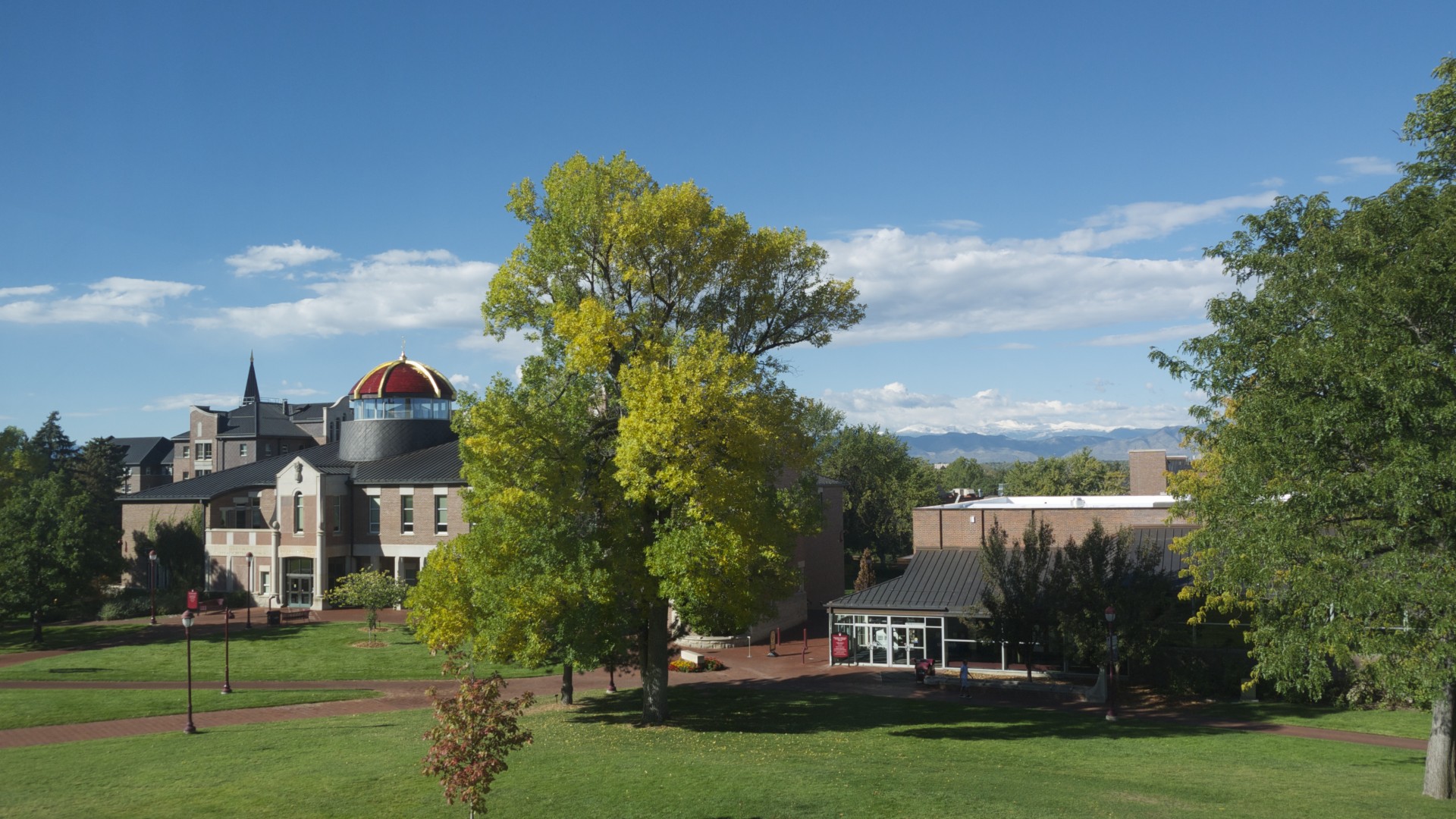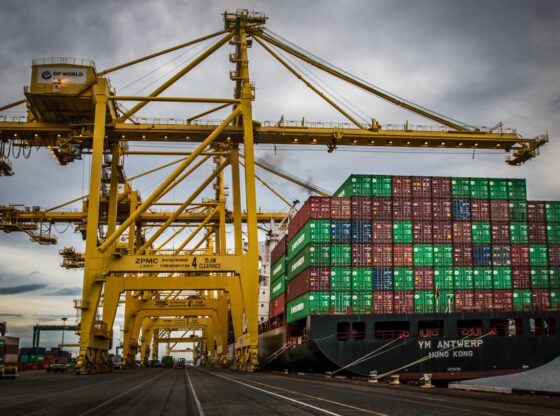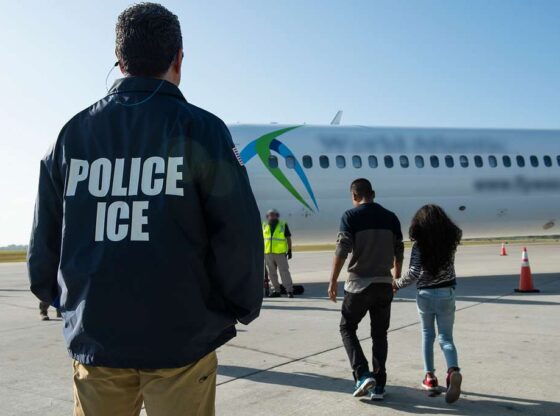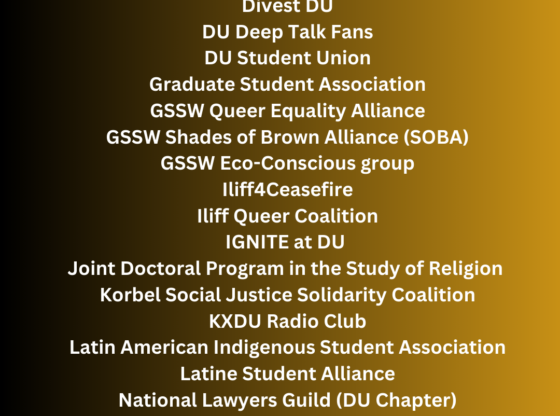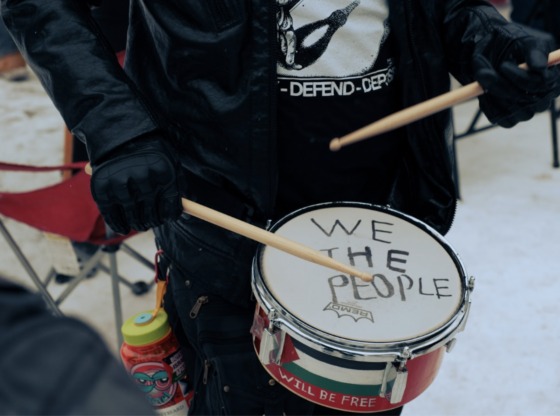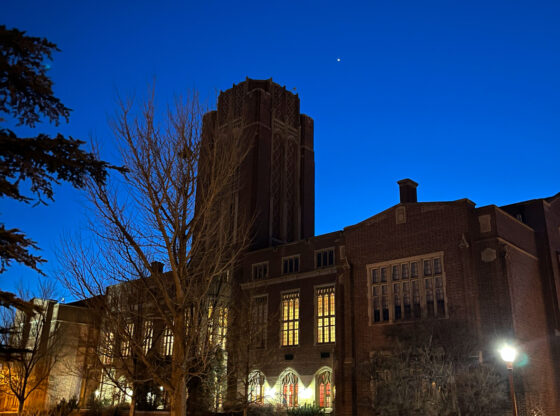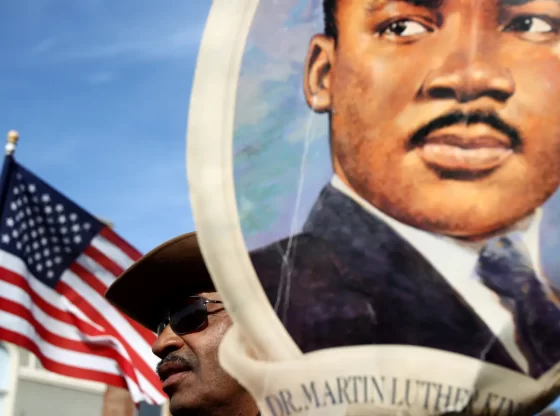Terrorism has succeeded in feeding fear and anger into Americans, not only harming the Arab world’s transition into democracy, but also shaking the core principles of the American democracy, which was once a leading model of freedom and inclusivity to the rest of the world.
The uprising of multiple countries in the Arab world against dictatorship in 2011 has awed the world. These “Muslim majority countries,” as they are usually referred to by the U.S. government and foreign affairs agencies, have struck people with their passion for freedom, their will for survival and their thirst for democracy. Following an era of dictatorship and misportrayal, these Muslims have proved to the world that they are as equally human and wanting of democracy as Americans.
Syria is the fourth country to have been inspired by the rebellion’s success in Tunisia, the first Arab country to stand against dictatorship, and to start its own demonstrations. Fearless of oppression and unwilling to give in to violence and hatred, Syrians marched to the streets with their voices, signs and their country’s flowers. While trying to welcome a new era of democracy, they were instead welcomed by their government’s most hideous forms of brutality and coercion. In efforts to stop the uprisings, women were raped, men were tortured and children were killed. According to Amnesty International, nearly 4 million Syrians are now displaced as refugees and thousands are nowhere to be found. Refusing to give up on reaching democracy, the people of Syria watched members of their families and friends disappear one after the other while their homes were being torn apart. Yet, they did not give up and continued to march down the streets demanding freedom, equality and prosperity: the traits with which they saw that their Muslim and Arab identities could flourish.
Following their usual mission for “spreading peace and democracy across the world”, the government of the United States of America has “come to the rescue” of Syria as conflicts escalated. The destructively resistant violence used by dictators to suppress the movements of their people alarmed international forces to interfere and stop the conflict. However, the massacre of Libya’s president in 2012 by NATO and the inability to reach a compromise in Syria among the rebels and the government have led to nothing but the increase of instability. Institutions were destroyed, anarchy reigned and the war between dictators and civilians remained. People’s hopes for democracy shattered as did their hopes for the prosperity of their country, which went in flames as conflicts arose. This war, however, is not the first barrier to democracy that Syrians have faced as Arab Muslims.
Al Qaeda represented the first struggle for Muslims in reaching democracy. After the terrifying events in 2001 in the U.S., Muslims across the globe were discriminated. The identification of this terrorist group with Islam fed into people’s fears and made them unleash their stereotypes and misconceptions, associating all Muslims with terrorism. This categorization has been the first cultural and ideological division of the U.S. and countries “with Muslim majority populations.” Therefore, ideals like democracy, freedom and equality, being culturally tied to the U.S. (as it has long exported them to the Arab world), became regarded as evil. Holding such values meant, in the Arab world, pertaining to a discriminatory culture where Muslims are feared and treated as inferior. Therefore, movements for democracy in the beginning of the 21st century in the Arab world were mainly led by an elite driven by postcolonial ideals and incapable of attracting ordinary civilians who, at that time, boycotted the values of a nation that dehumanized them.
After such separation, it took the Arab world almost 10 years to digest this cultural animosity and dissociate democracy from imperialism and islamophobia. Tunisia, the first country to rebel against dictatorship, set the example for the rest of the Arab world, starting what became known in the U.S. as “The Arab Spring.” However, this “spring,” followed by the instability that the U.S. and other nations’ interference in the Arab world contributed to increasing gave rise to ISIS: the second biggest obstacle to democracy.
ISIS not only brought back the American rhetoric of islamophobia as it has also associated itself with Islam, but has hindered the dreams of Arab Muslims of reaching democracy. What many people tend to forget when talking about ISIS is that Muslims were the number one victims of this terrorist group. The people who join ISIS are mostly Arab radicalized youth and most people who died because of ISIS attacks are Syrian, Iraqi and Libyan Arab Muslims. Therefore, the fight of Muslims to reach democracy was transformed by ISIS into a fight for mere survival. Once again, the path for Muslims to freedom was blocked. However, when it comes to democracy, ISIS was able to affect Arabs and Americans alike (with the exception of Tunisia which continues to appear as the only free country in the Arab world).
In 2016, the U.S. electoral college elected president Donald Trump to office. Trump’s election rhetoric, filled with racism, sexism, islamophobia and xenophobia enabled him to successfully reach office. His appeal to Americans’ fear of terrorism and Muslims was a good enough reason for Trump supporters to choose him over Hillary Clinton.
In his first week of holding office, Trump indeed proved his attachment to his election decisions as he issued an executive order banning nationals of Libya, Syria, Yemen, Sudan, Iraq, Iran and Somalia from entering the U.S. Instantly, hundreds of people with legal visas were detained at airports, thousands of refugees were derived from reuniting with their families and over 160 million people were stripped away from their rights to free travel. Among these people are university students unable to continue their education, wives unable to see their husbands, mothers unable to reunite with their kids and most importantly refugees unable to escape a war that the U.S. contributed to escalating.
The day of the order, thousands of Americans rose to protest, responding to this inhumane and undemocratic decision. However, besides this order’s contribution to decaying the American democracy, not a lot has changed so far. The U.S., once looking down at the Arab world’s political climate by showing off its democracy and its protection of freedoms, suddenly lost its glory. The unconsciously fearful drive of certain Americans has oriented the country towards a path where it lost the values it was founded upon. In one day, millions of Muslims were labeled and treated as terrorists because of their nationality and religion: a discriminatory process no different from the one that labeled black people as inferior because of the color of their skin. Decades after the civil war, the American democratic institutions, the founding fathers’ constitution and the free people of America stood helpless in front of practices thought to have long been abandoned. The fear and anger of many Americans was capable of bringing back oppression. And, when oppression appears, democracy disappears.
Fear is the enemy of democracy. If Tunisians, Syrians, Libyans feared the future, they would not have made it this far in their journeys of emancipation, despite the hurdles that come in the way. Anger is the enemy of democracy. If Tunisians focused on their anger towards dictatorship, they would not have been able to reach freedom. Instead, they protested peacefully, using their love for emancipation, not their hate for oppression.
The anger and fear of Americans has, for so long, harmed the American democracy as well as the Arab Muslims’ transitions into democracy. What is interesting about the recent election in the U.S. is not the rise of a racist to power as much as it is the impact that this event had in waking people up. Sadly, not even the Syrian war was capable of attracting this much world attention to the issue of protecting world democracy and human rights as Trump’s executive orders.
Finally, the current comparison of the American and Tunisian democracies proves that democracy is neither culturally inherent as many Americans think it is, nor is it incompatible with the Arab Muslim world. Democracy can be applied through a variety of models and not a single one of them needs to be idealized or exported. Democracy is a process that should not be taken for granted and needs to be sustained, protected and, most importantly, continually sought.

